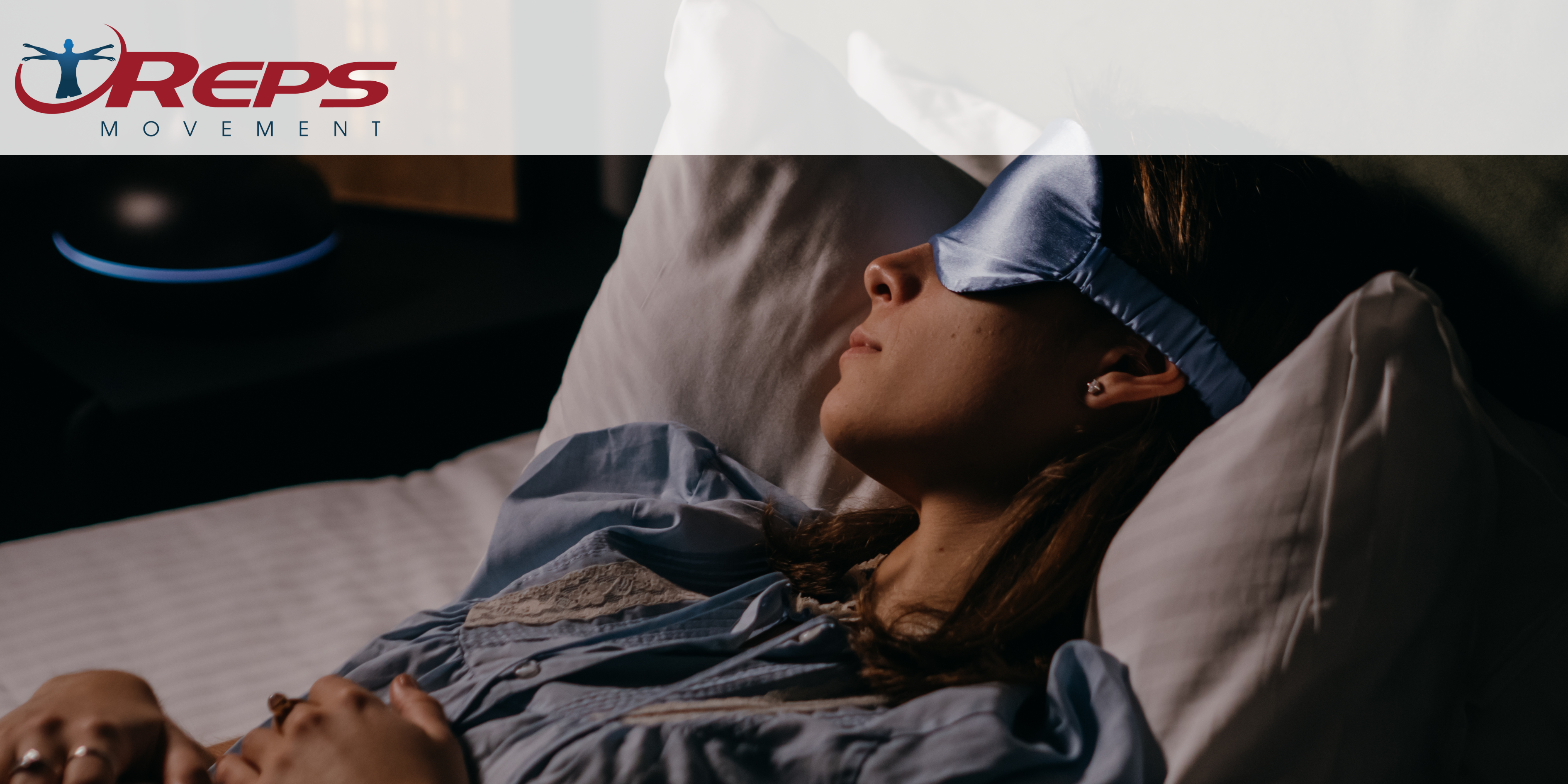How can I improve my sleep? In general, adults need around 7-8 hours of sleep per night. However, the amount of sleep you need may vary depending on your age, lifestyle, and health. If you are having trouble sleeping, there are several things you can do to improve your sleep habits. Stick to a consistent sleep schedule: Try to go to bed and wake up at the same time every day, even on weekends. This helps regulate your body's internal clock and promotes better sleep. | 
